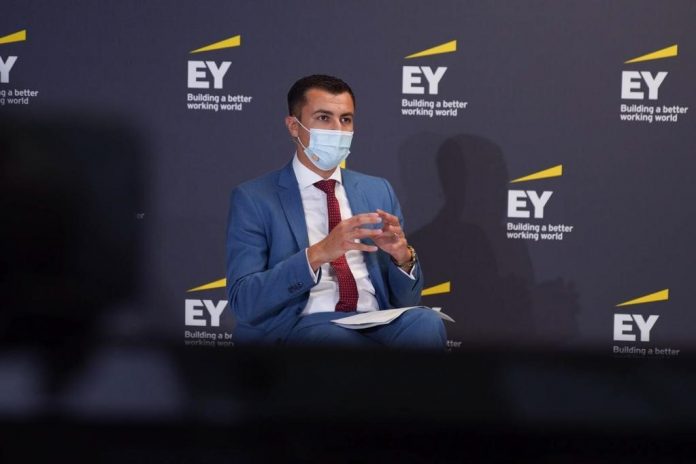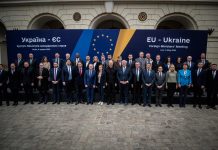Whilst addressing the conference entitled ‘Future Realised’, hosted by EY, Minister for the Economy, Investment and Small Businesses Silvio Schembri announced that, during this year, despite the COVID-19 pandemic, Malta Enterprise attracted 35 companies to Malta as Foreign Direct Investment.
“An encouraging result indeed, which means that Malta Enterprise has already attracted more FDI when compared to last year, when the number stood at 32, meaning an additional three companies to last year’s number. The companies vary from manufacturing to digital games, artificial intelligence and blockchain. As a nation, we must maintain this momentum by ensuring that we’re providing the ideal ecosystem for operators, as well as stand shoulder to shoulder with local and international businesses who call Malta their home. Our firms have not solely been resilient, they have also shown remarkable adaptability. Key amongst them is our manufacturing industry, wherein some firms even managed to switch their production lines to other products to accommodate new demand. We have some exceptionally good success stories, particularly in the production of PPE and other COVID-related products, particularly in our textiles and plastics sectors,” said Minister Schembri.
During the Q&A session, Minister Schembri reiterated Malta’s long-term economic vision based on five main pillars; economic growth, education and employment, better infrastructure and investment, sustainability and carbon neutrality by 2050 and, lastly, good governance, law and order.
“Budget ’21 is a testimonial of Malta’s innovative economic agility in adapting to challenging circumstances. By virtue of these solid foundations, as a government we have put forward to our nation a budget without taxes, that seeks to incentivise our businesses and safeguard as many jobs as possible. We extended yet again the Wage Supplement until March ’21, sought to re-stimulate the domestic economy through yet another €100 government voucher initiative, as well as strengthening existing schemes and introducing new ones to help businesses implement their projects,” explained Minister Schembri.
Minister Schembri said that, amid adversities, Malta sought to seize opportunities and maintain its competitive edge, resulting in the attracting of new investment. He added that the way forward is to aid businesses in implementing their projects, guide them through the process of digital transformation, as well as seek ways to upskill our workforce.
“Since we announced the economic regeneration plan, the Maltese private sector has responded very well. We have had four consecutive months during which the unemployment rate fell, to the extent that now, for the first time in our history, we have the lowest unemployment rate in the euro area. We have already managed to get more than a thousand unemployed back into a job. For me, this is a clear sign that our economic recovery is regaining momentum. We must continue on this path which ultimately leads to economic sustainability,” said Minister Schembri.
Photo: MEIB










